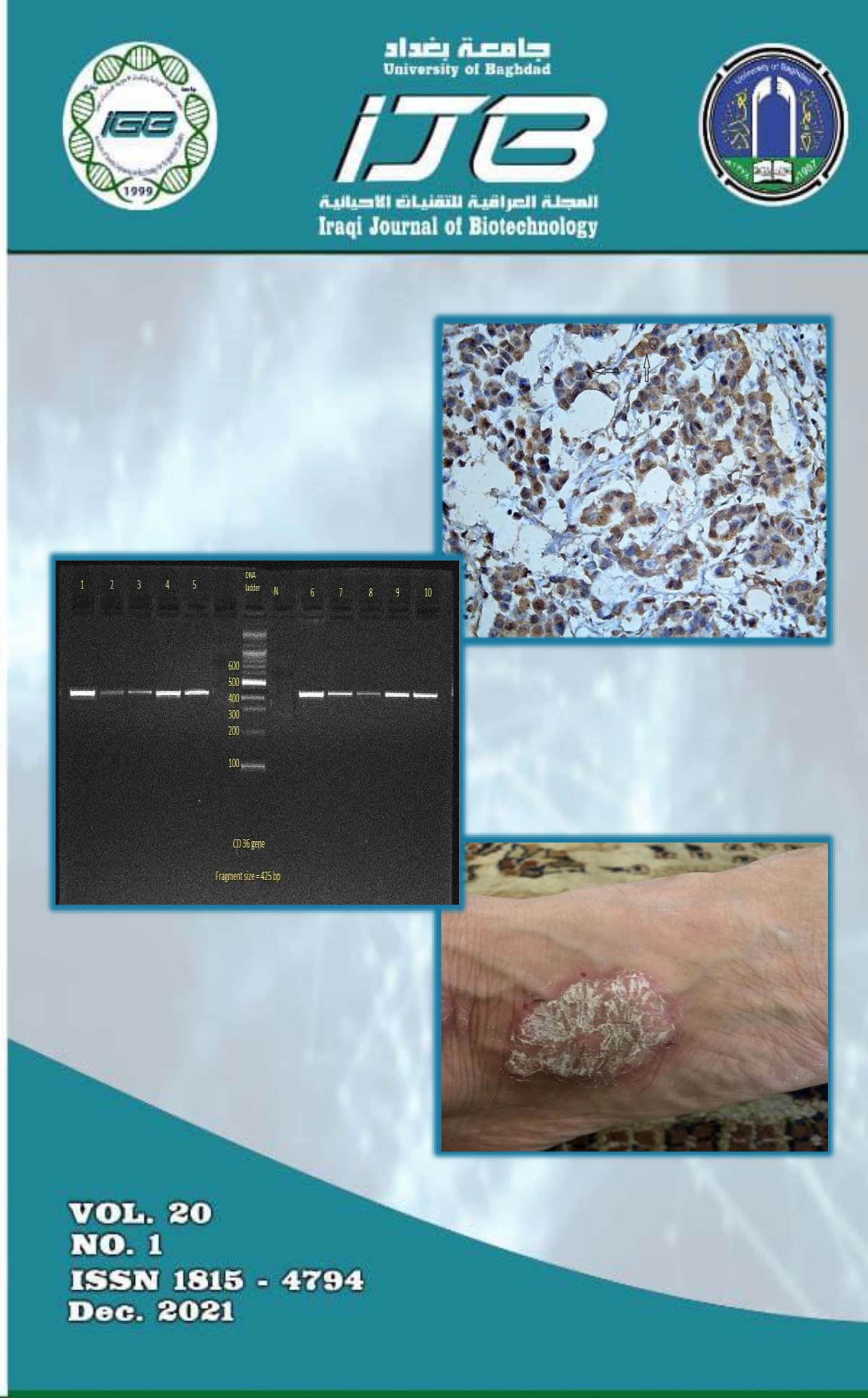Isolation of Multi-Trait Plant Growth-Promoting Serratia marcescens and Evaluation of Growth-Promoting Effects on Wheat Plant under Salinity Stress
Abstract
A total of 135 soil samples were collected during the period between December 201) to January 2020. Twenty of them were identified as S. marcescens according to 16S rRNA gene sequence analysis. The promising characterized and identified isolate was selected for further screening and evaluation of wheat growth in pots experiment. S marcescens isolates were applied alone and in combination with varying levels of salt (0, 100, 200, and 300 mM NaCl) to determine its tolerance to salinity and its role to mitigate the effect of salt on wheat growth, activities of enzymatic antioxidants, and oxidative damage. In vitro tests showed that this bacterium was able to fix nitrogen, solubilize phosphorus, production of siderophores, and synthesize indole acetic acid. The presence of the gene for ACC deaminase production was confirmed using the DegACC primer designed to amplify the accdS (ACC deaminase) gene. The AH-20 isolate showed growth at high salt (NaCl) concentration of up to 11%, indicating its potential to survive and interact with plants growing in the saline soil. The inoculation by S. marcescens significantly promoted the growth of wheat plants under salt stress (100–300 mM), and generated changes in antioxidative enzyme activities (Superoxide dismutase, Peroxidase, and Catalase) under different salt levels, reducing salinity-induced oxidative damage to the plants.


